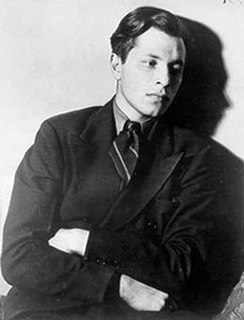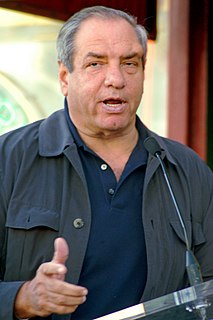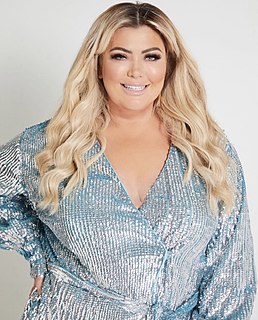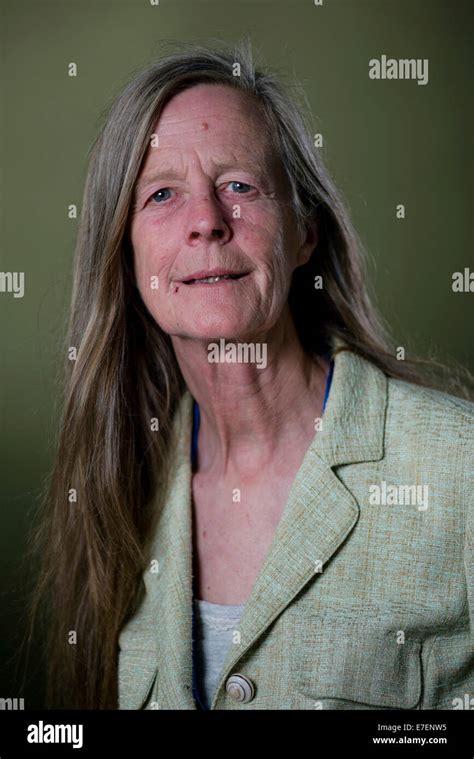A Quote by Delmore Schwartz
Major writing is to say what has been seen, so that it need never be said again.
Related Quotes
Many friends have said to me, 'I never know when you write your books, because I've never seen you writing, or even seen you go away to write.' I must behave rather as dogs do when they retire with a bone; they depart in a secretive manner and you do not see them again for an odd half hour. They return self-consciously with mud on their noses. I do much the same.
I got so discouraged, I almost stopped writing. It was my 12-year-old son who changed my mind when he said to me, "Mother, you've been very cross and edgy with us and we notice you haven't been writing. We wish you'd go back to the typewriter. That did a lot of good for my false guilts about spending so much time writing. At that point, I acknowledged that I am a writer and even if I were never published again, that's what I am."
Thoughts are created in the act of writing. [It is a myth that] you must have something to say in order to write. Reality: You often need to write in order to have anything to say. Thought comes with writing, and writing may never come if it is postponed until we are satisfied that we have something to say...The assertion of write first, see what you had to say later applies to all manifestations of written language, to letters...as well as to diaries and journals






































